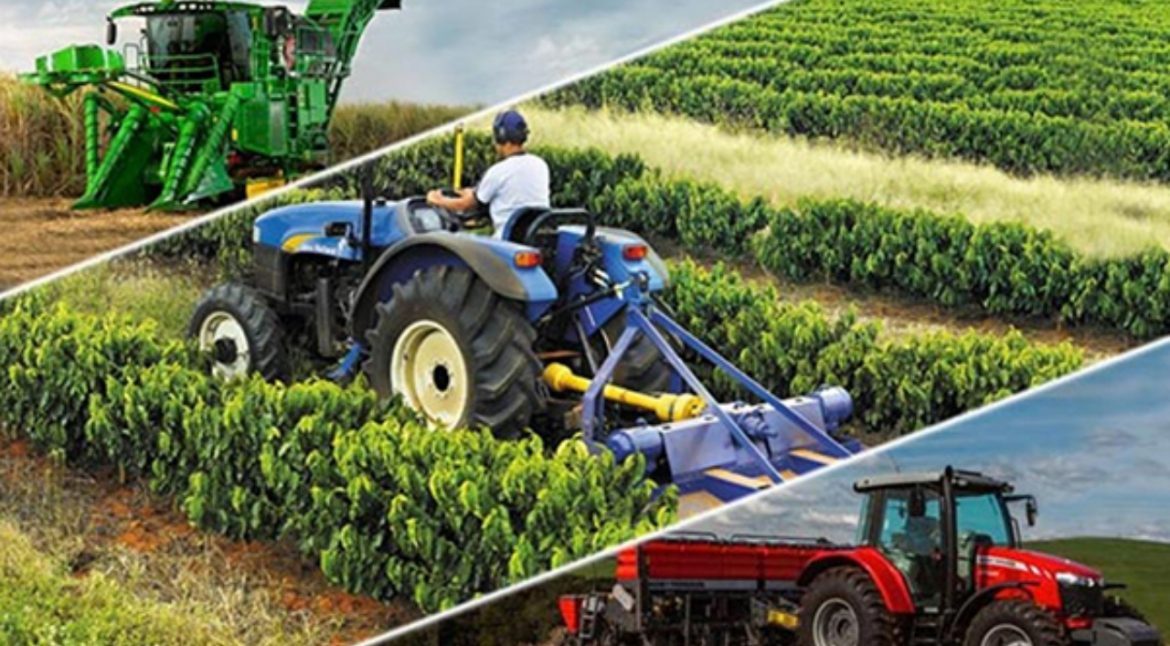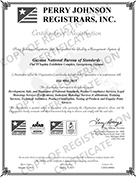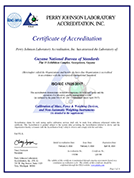Today marks the beginning of Agriculture Month. Celebrated in October every year, Agriculture Month 2023 will be observed under the theme “Accelerating Vision 25 by 2025: Investing in Agri-Business and Food Security.” The theme is in keeping with the vision of CARICOM to reduce the regional food import bill by 25% by 2025 and Guyana’s goal to meet the demand for food within the region.
As Guyana and the region collectively work towards achieving these goals, the Guyana National Bureau of Standards (GNBS) is encouraging stakeholders within the agriculture sector to utilize standards that are readily available in the areas of the production, grading, packaging and labelling of food and other items. Utilizing these standards can significantly enhance the production efficiency, presentation and quality of foods we produce.
For farmers, the GNBS has over forty (40) National Standards which include standards for poultry production, poultry meat, the labelling of animal feeds, the grading of table eggs, and the grading of fresh agriculture produce. Grading standards also include those for grading of green plantains, limes, sweet oranges, cucumber, ginger and watermelons. These requirements aim to help [AF1] farmers, regulators and buyers to classify produce based on colour, size, freshness, and other characteristics. Other agriculture standards available at the GNBS relate to rice, sugar, and fertilizers.
For agro-processing, there are standards that offer guidance for the production of jams and jellies, coconut oil, salted fish, spices, achar and more, which processors can utilize. These standards cover labelling, packaging, storage, hygiene, and sanitation requirements for products, and offer the requisite guidelines and specification to ensure the manufacture wholesome products for consumption. Many of these standards were adopted from the CODEX Alimentarius Commission (CAC) and the CARICOM Regional Organisation for Standards and Quality (CROSQ). Hence, they help agro-processors to capitalise on value-added benefits in the local and export markets.
Apart from standards, stakeholders in the agriculture sector can take advantage of the GNBS voluntary certification schemes which help to make their products more marketable and desirable. Local producers and agro-processors can also apply to the GNBS for the permit to use the Made in Guyana Certification Mark; this mark is a signature of quality for authentic Guyanese products. Already, thirty-four (34) companies inclusive of many agro-processing companies are certified under this programme.
Meanwhile, farmers, agro-processors, caterers, regulators and other interested parties in the food/agriculture sector can also sign up for GNBS training programmes such as Hazard Analysis Critical Control Points (HACCP) and Good Agricultural Practices (GAP), Food Safety Prerequisites, Good Storage Practices, Good Manufacturing Practices, ISO 22000, Food Safety Management Principles and others.
Lastly, as the National Measurement Institute, the Bureau offers reliable measurement services in the form of verification and calibration to farmers, millers and other agriculture related businesses operating in the sector. These services promote accurate measurements in trade to protect consumers and promote business growth.
To purchase a copy of the standards available for the agriculture sector, stakeholders can visit gnbsguy.com orto access our other services, contact the GNBS on telephone numbers: 219-0064 or 219-0065 or WhatsApp us on 692-4627.
[AF1]Something sounds like it missing here






